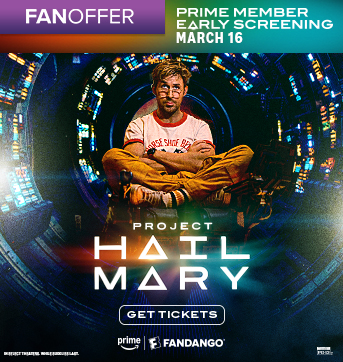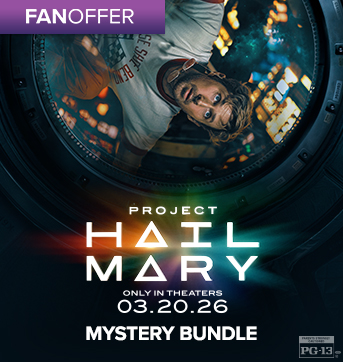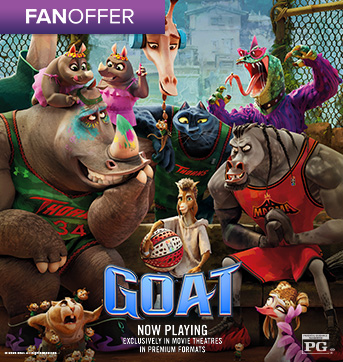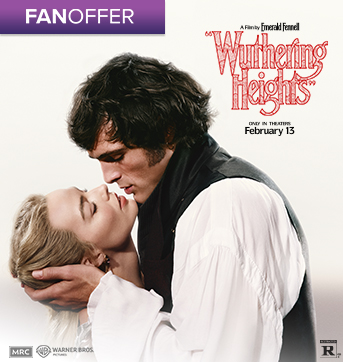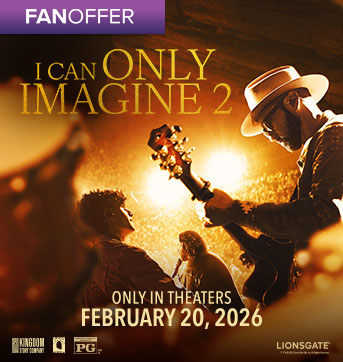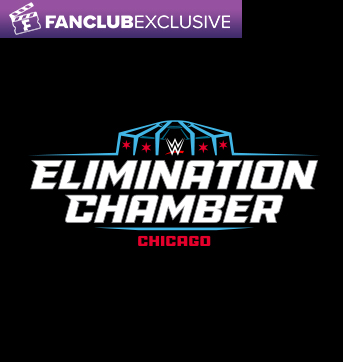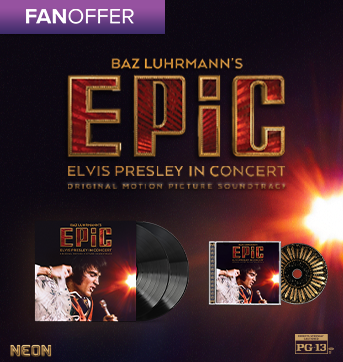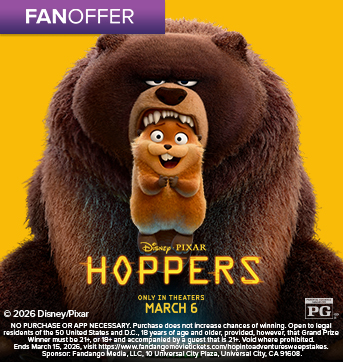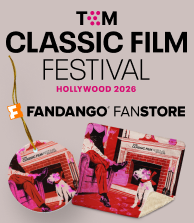Special Offer
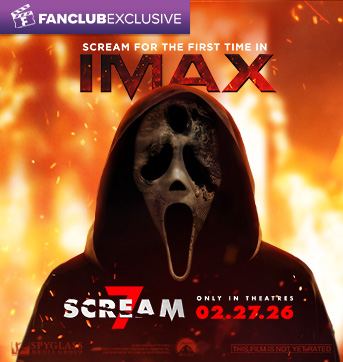
Not a member? Add FanClub to your Scream 7 IMAX ticket purchase and the offer will be applied automatically, no promo code needed.
The “FanClub Members Get 1 An Exclusive IMAX Upgrade for Scream 7 Promotion” offer (the “Offer”) begins February 9, 2026, while supplies last, and is available to both existing and new Fandango FanClub members, subject to the terms below. Existing Fandango FanClub members may receive one (1) IMAX upgrade (up to $7 off one IMAX ticket) for Scream 7 by entering promo code SCREAM7IMAX at checkout during a qualifying purchase of Scream 7 IMAX movie tickets on Fandango. Discount is limited to one (1) $7 discount per order. Non-members must enroll in a Fandango FanClub membership by adding FanClub to their cart during checkout of a Scream 7 IMAX movie ticket purchase to qualify for the Offer. When FanClub is added to the cart, the Offer will be automatically applied at checkout and no promo code is required. Offer is valid only for IMAX showtimes of Scream 7 and applies as a discount of up to $7 off one qualifying ticket. Any remaining ticket balance, fees, and applicable taxes are the responsibility of the customer. The Offer is non-transferable, has no cash value, and cannot be combined with other offers unless expressly stated. Adjustments to prior purchases are not permitted. Fandango reserves the right to withdraw or modify this Offer at any time, in its sole discretion and without notice. Additional terms and conditions apply. See the Fandango FanClub Program Terms for details at www.fandango.com/policies/fanclub-terms.
